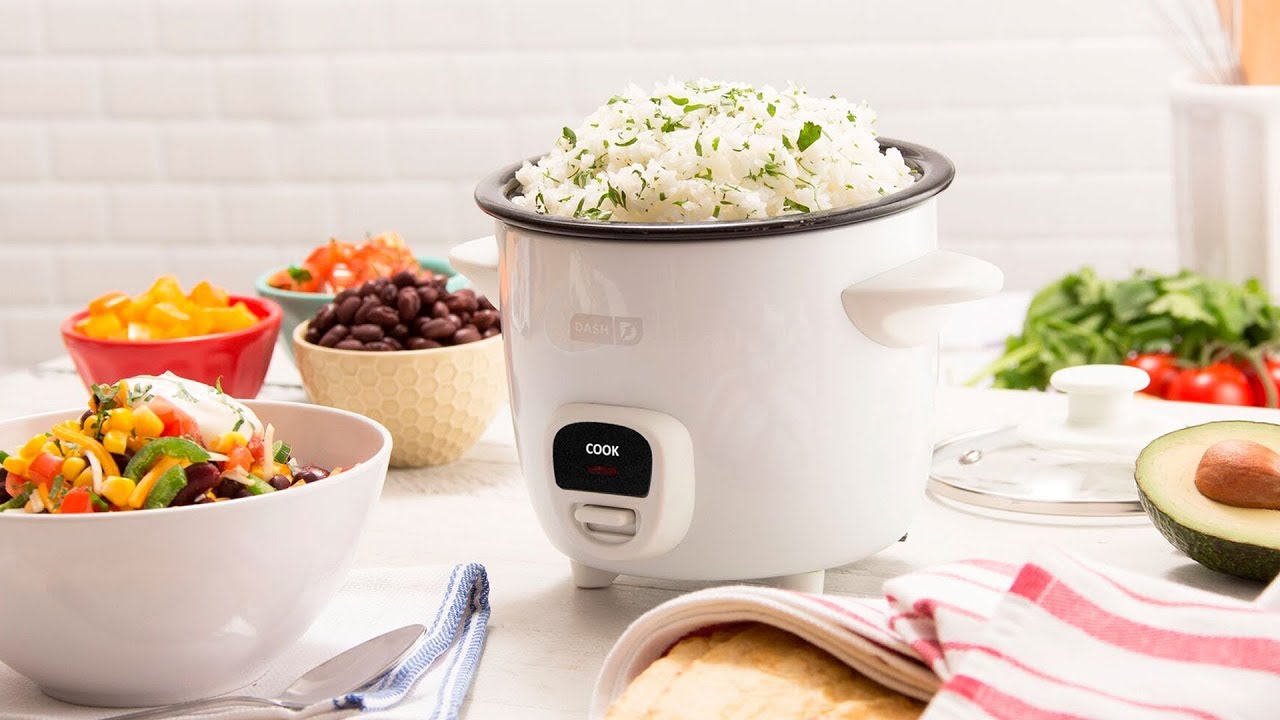How to Dispose of Your Old Rice Cooker Safely and Responsibly
Written By James Morgan
Your trusty old rice cooker has served you well over the years, steaming up perfect, fluffy rice and simplifying many a meal prep. But as with all good things, the time has come to say goodbye. Whether it's completely broken or just a little outdated, knowing how to dispose of a rice cooker responsibly is critical for both environmental reasons and your peace of mind. So, how do you ensure it's disposed of in an eco-friendly manner?

The Importance of Responsible Disposal
Disposing of electrical appliances like rice cookers should never be an afterthought. Throwing them in the regular trash can lead to environmental hazards. Many parts of a rice cooker, including the internal circuitry, can be harmful if not disposed of correctly. As barbecue enthusiasts, it's important to take responsibility for our carbon footprint, not just when grilling but in all aspects of our lifestyle. Here's why you need to prioritize responsible disposal:
Environmental Impact
Electronic appliances contain hazardous materials like lead, mercury, and cadmium. If these materials end up in landfills, they can seep into the soil and water supply, causing long-term damage to ecosystems. Learning how to wash a rice cooker, for example, extends its life and prepares it for future use, making it less likely to end up as waste prematurely.
Legal Requirements
In many places, laws have been enacted to regulate the disposal of electronics. Throwing away your rice cooker in the regular trash could result in fines or other penalties. Before you dispose of your cooker, check local regulations to ensure you're following proper procedures.
Recycling Options
Several components of a rice cooker can be recycled. The metal pot, plastic casing, and even the electronic parts often have recycling options available. Proper disposal facilitates recycling and reduces environmental harm.

Steps to Dispose of an Old Rice Cooker
Step 1: Evaluate the Condition
Start by assessing the condition of your rice cooker. Is it completely broken, or could it still be useful to someone else? If its in working condition but you've decided to upgrade, consider donating it. Organizations like Goodwill and local shelters often accept small kitchen appliances in good condition.
Step 2: Remove Toxic Materials
If your rice cooker is beyond repair, the next step is to remove any components that might contain hazardous materials. This includes the heating element and any batteries that might be part of the control system. Properly label these hazardous components before disposal or recycling.
Step 3: Find a Recycling Center
With hazardous materials removed, locate a nearby recycling center that accepts electronic waste. Websites like Earth911 provide directories of recycling facilities. Make sure to choose a facility that complies with local and federal regulations for disposing of electronic appliances.
Step 4: Take Advantage of Manufacturer Programs
Some appliance manufacturers offer take-back or recycling programs for their products. Check with the rice cookers manufacturer to see if they offer any such services. Brands like Panasonic and Zojirushi often have programs to help with responsible disposal.
:max_bytes(150000):strip_icc()/faw-rice-cookers-test-zojirushi-induction-elizabeth-theriot-02-ee42a4572dfb475380df1e4b12bb422b.jpg)
Alternative Uses for Your Old Rice Cooker
If recycling seems too complicated, consider alternative uses for your old rice cooker. Although they might not be good for cooking rice anymore, they can still fulfill other roles.
Repurpose for Gardening
Your old rice cooker can become a unique plant pot or compost bin. Simply clean it out, and you'll have a creatively recycled gardening accessory.
DIY Grill Cleaner
An old rice cooker can be repurposed to help clean your barbecue grill. Fill it with a solution of water and vinegar, then use it to soak and scrub grill grates. Learn more about why rice turns yellow in a rice cooker and how to keep your appliances clean.
Art Projects
What better way to celebrate your love for BBQ than by using the metal parts of your old rice cooker for a creative art project? Metal casings can be transformed into wall art or garden sculptures.

Prevent Future Waste
While disposing of your current rice cooker responsibly is vital, consider how you can reduce waste in the future:
Buy Quality
When purchasing a new rice cooker, invest in one with a good reputation for durability. High-quality appliances are less likely to break and will last longer, reducing the frequency of disposal.
Regular Maintenance
Maintaining your rice cooker properly can dramatically extend its lifespan. Regular cleaning and careful use prevent malfunction and wear-and-tear. Here's a great guide on muting Zojirushi rice cookers to ensure longevity.
Explore Multi-functional Appliances
Investing in a multi-functional rice cooker that also acts as a slow cooker or steamer can reduce the number of appliances you need, minimizing future waste. Check out how to use a rice cooker for more multi-functional tips.
FAQ
Can I throw my rice cooker in the garbage?
No, you should avoid throwing your rice cooker in the regular garbage due to the hazardous materials it may contain.
What parts of the rice cooker can be recycled?
The metal pot, plastic casing, and some electronic components can often be recycled.
Are there alternatives to recycling?
Yes, consider repurposing your old rice cooker for gardening, art projects, or even as a DIY grill cleaner.
How can I find a recycling center?
Websites like Earth911 provide directories of recycling facilities. Ensure the center complies with local regulations.
As an Amazon Associate, I earn from qualifying purchases.



